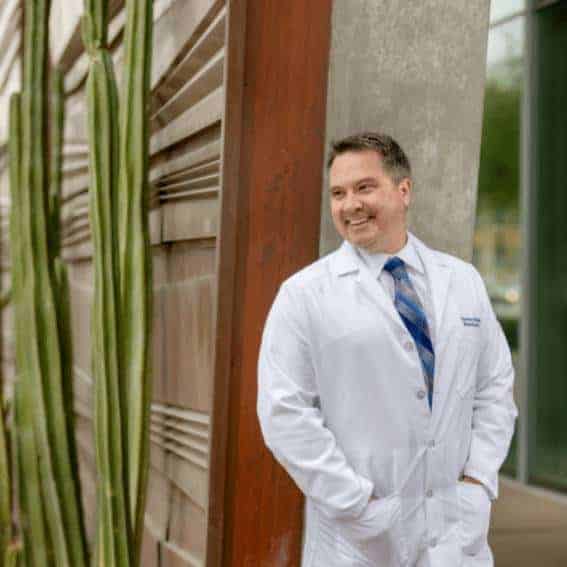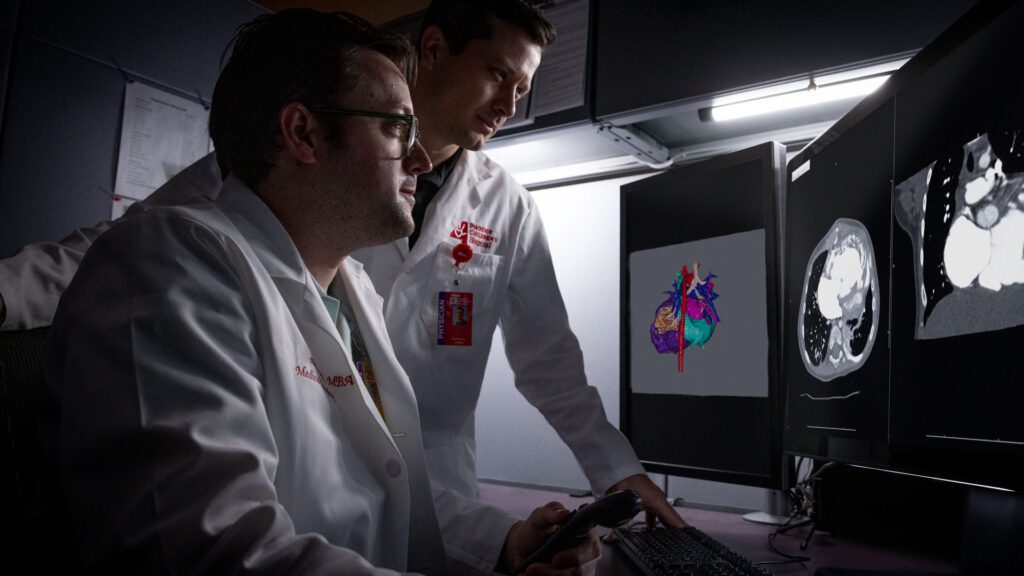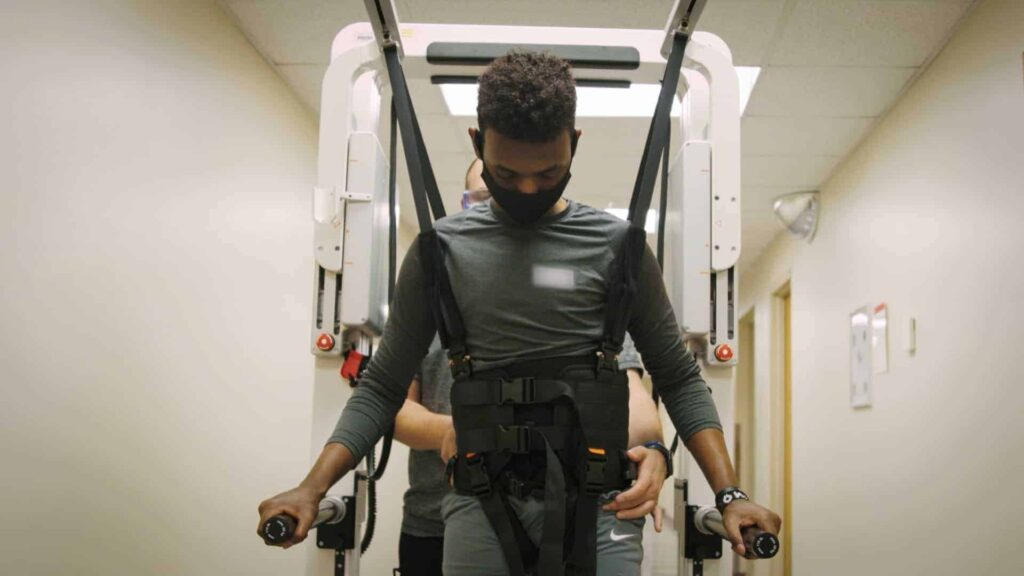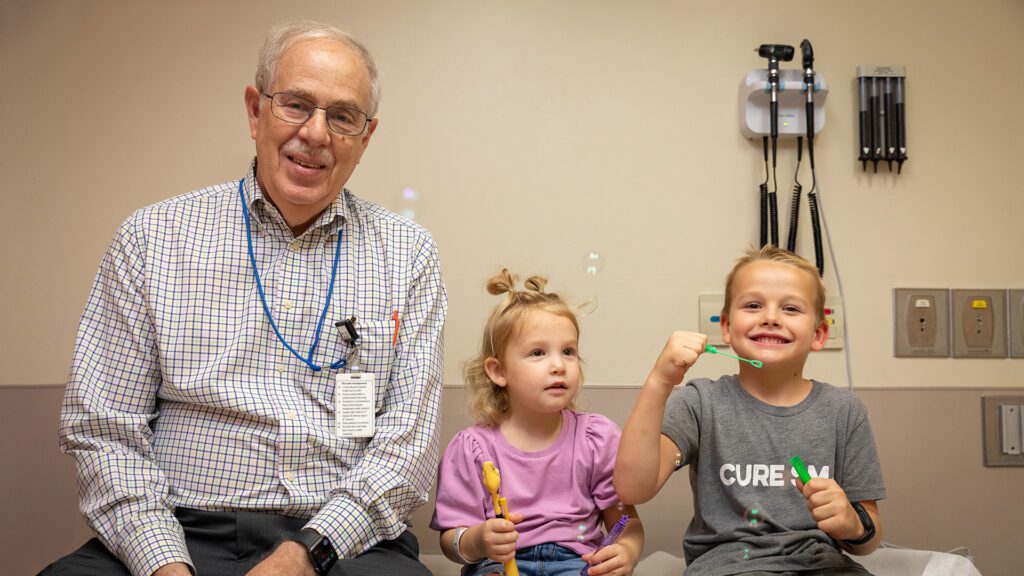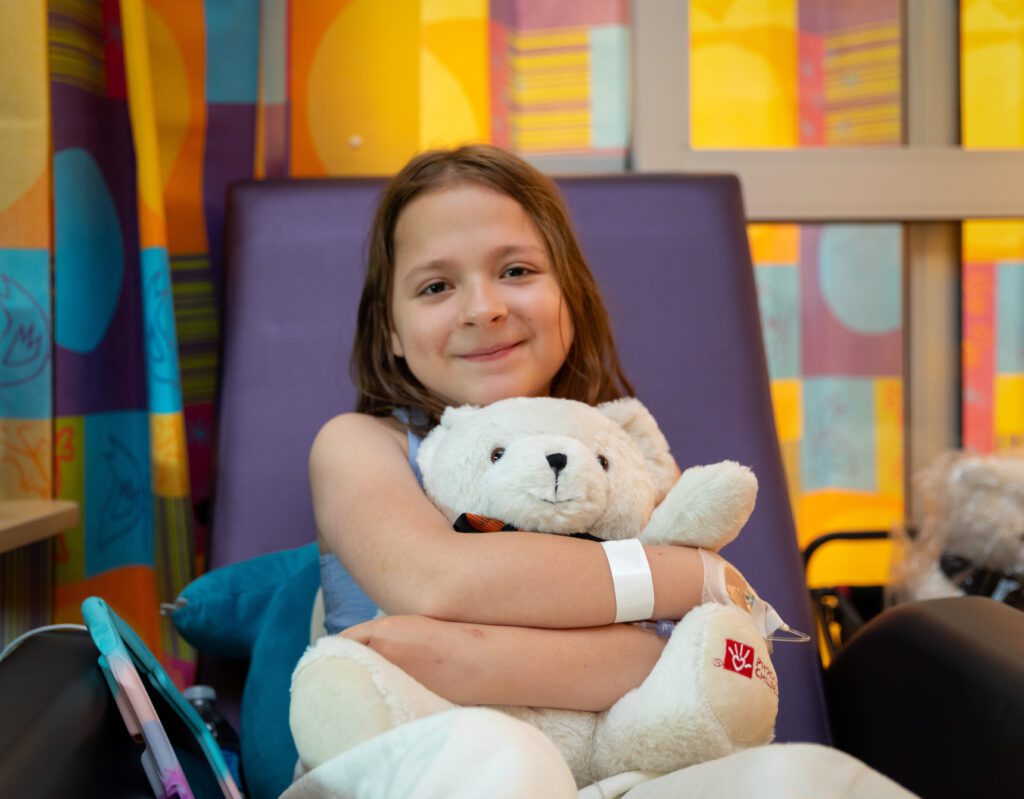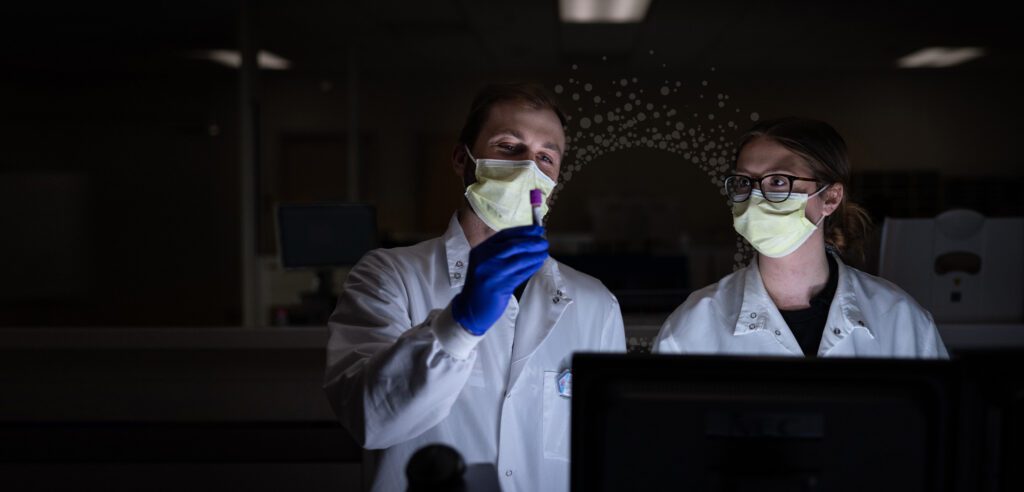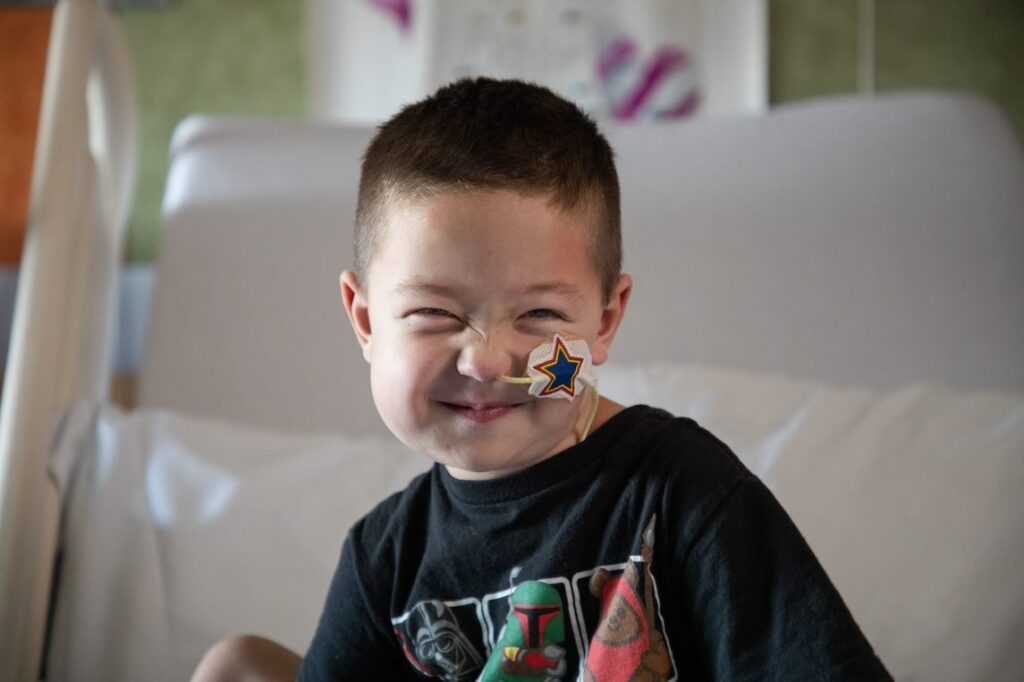When Dr. Michael Kruer was in medical school, he knew he wanted to work with children. But his advisors cautioned him against specializing in neurology. They told him it was one of the most difficult fields to practice—and that he may never be able to look a patient in the eye and tell them he could take away what ails them.
Kruer took this as a challenge. With advancements in gene therapy opening up incredible opportunities in neuroscience, he realized he could be a part of something much bigger than himself—an effort to take an entire field of medicine into uncharted territory, and give children affected by movement disorders hope that didn’t seem possible just a few years ago.
Today, working with a consortium of physicians and researchers from around the world, Kruer is using cutting-edge technology to discover the genes that lead to cerebral palsy—a disabling, incurable brain disorder that affects thousands of children in the U.S. every year. This work has the potential to remove some of the mystery that comes with a cerebral palsy diagnosis, by giving families greater insights into the nature of their child’s illness and helping doctors prevent complications before they arise.
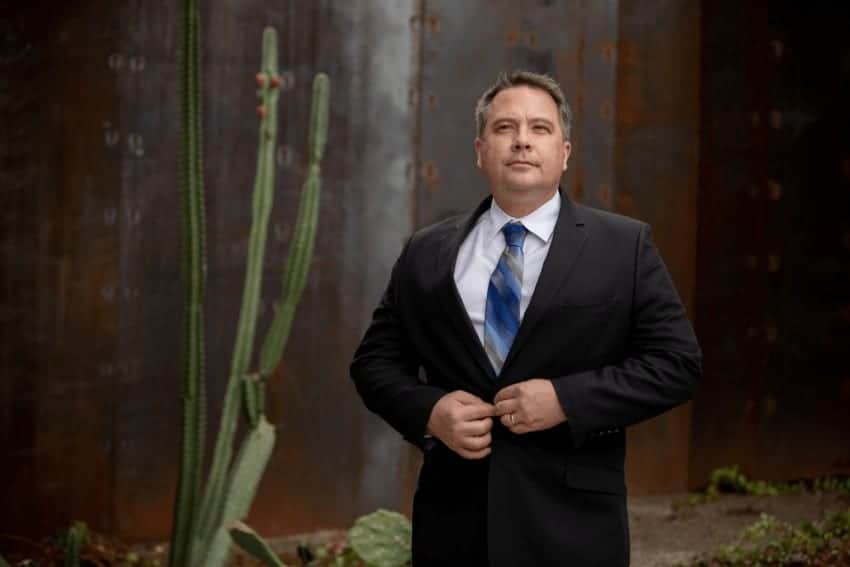
“I don’t see a ceiling on this,” says Kruer. “We are doing things that have never been done before and it’s so exciting. We are adding amazing colleagues, building these excellent clinical programs, and we really feel like we can do something great.”
Dr. Michael Kruer
In December 2018, Kruer’s achievements helped him land a $3 million grant from the National Institutes of Health that will be instrumental to his ongoing research into the genetics of cerebral palsy. “I don’t see a ceiling on this,” says Kruer. “We are doing things that have never been done before and it’s so exciting. We are adding amazing colleagues, building these excellent clinical programs, and we really feel like we can do something great.”
Harnessing opportunity
The Kruer lab was about to expand the study when COVID-19 forced it to shut down. But Kruer was determined to find a way to forge ahead. Working with the Cerebral Palsy Research Network, his team created an innovative electronic application that allows cerebral palsy patients from around the country to enroll in the study from the comfort of their own homes. It also gives local doctors the tools to securely upload patient data directly from their record system as they treat patients in real time.
By adapting to a digital platform, Kruer’s team has vastly expanded the study’s reach beyond Phoenix Children’s, giving hundreds of additional patients the opportunity to participate in cutting-edge research.
“When we were building the movement disorder program at Phoenix Children’s, we wanted to be able to offer kids and families the best treatments available right now,” says Kruer. “We also wanted to continuously push the envelope, which means innovating and improving, and that became the core of our work. In the end, I think we are going to have something we are very proud of.”
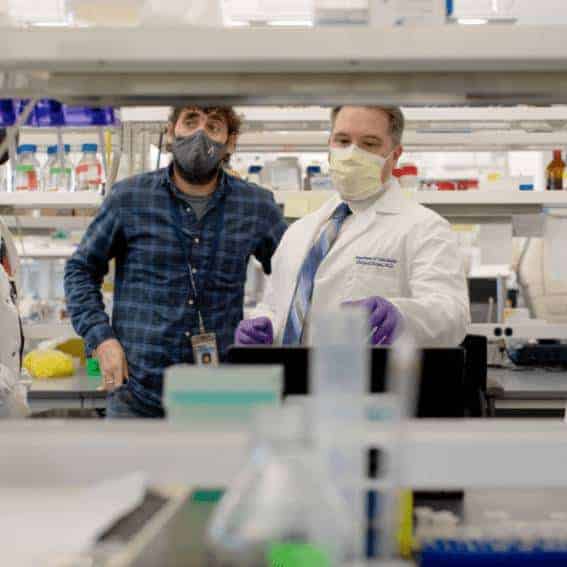
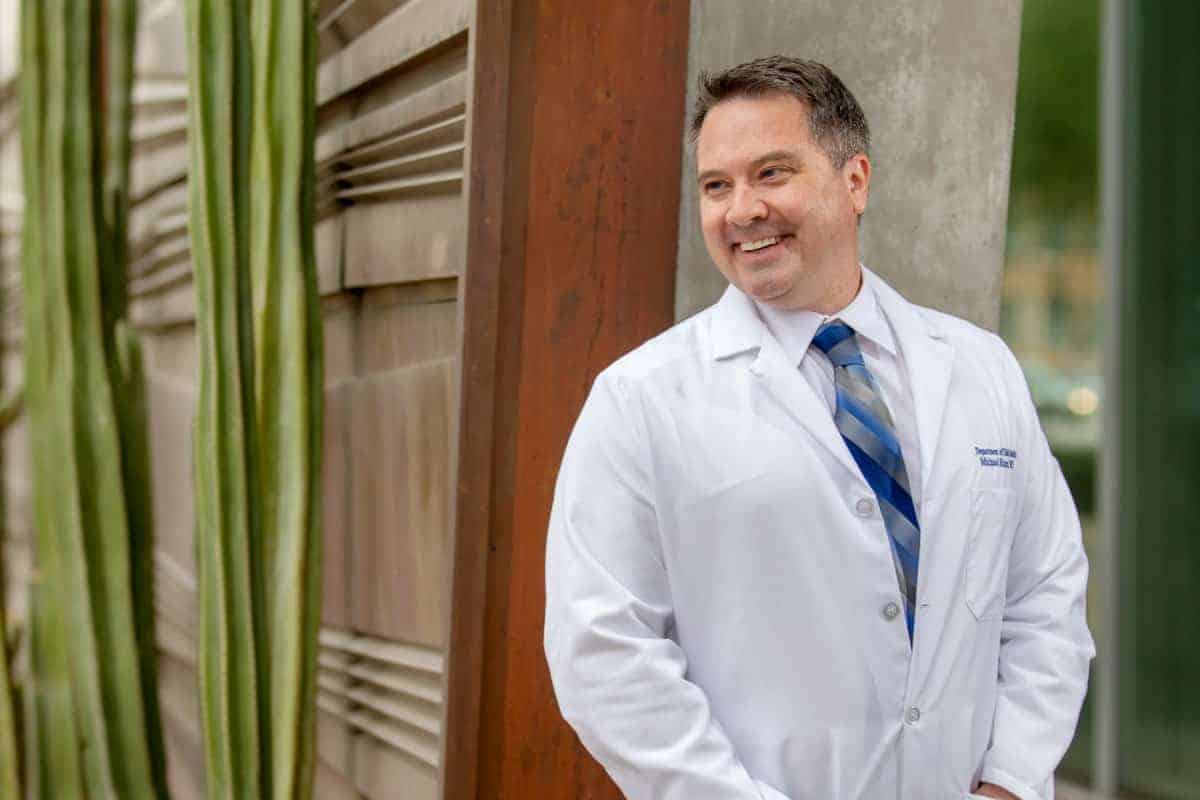
- “When we were building the movement disorder program at Phoenix Children’s, we wanted to be able to offer kids and families the best treatments available right now. We also wanted to continuously push the envelope, and that became the core of our work. In the end I think we are going to have something we are very proud of.”Dr. Michael KruerNeurologist at Phoenix Children’s
Charging ahead
The implications of this study are significant. By expanding its reach across the U.S., the team will be able to assemble a much more complete picture of the genetics of cerebral palsy and begin to apply these insights to improve diagnosis and treatment on a national level.
“It’s all about contributing to a tomorrow where things are better than they are today,” Kruer says. “I’m so humbled to play a small part in giving the kids we serve a chance for a better future.”
Your gift helps the Barrow Neurological Institute at Phoenix Children's develop game-changing new treatments that will improve the quality of life of Arizona children living with complex neurological illnesses.
If you have a story about how your life has been touched by Phoenix Children’s, we want to hear from you.

